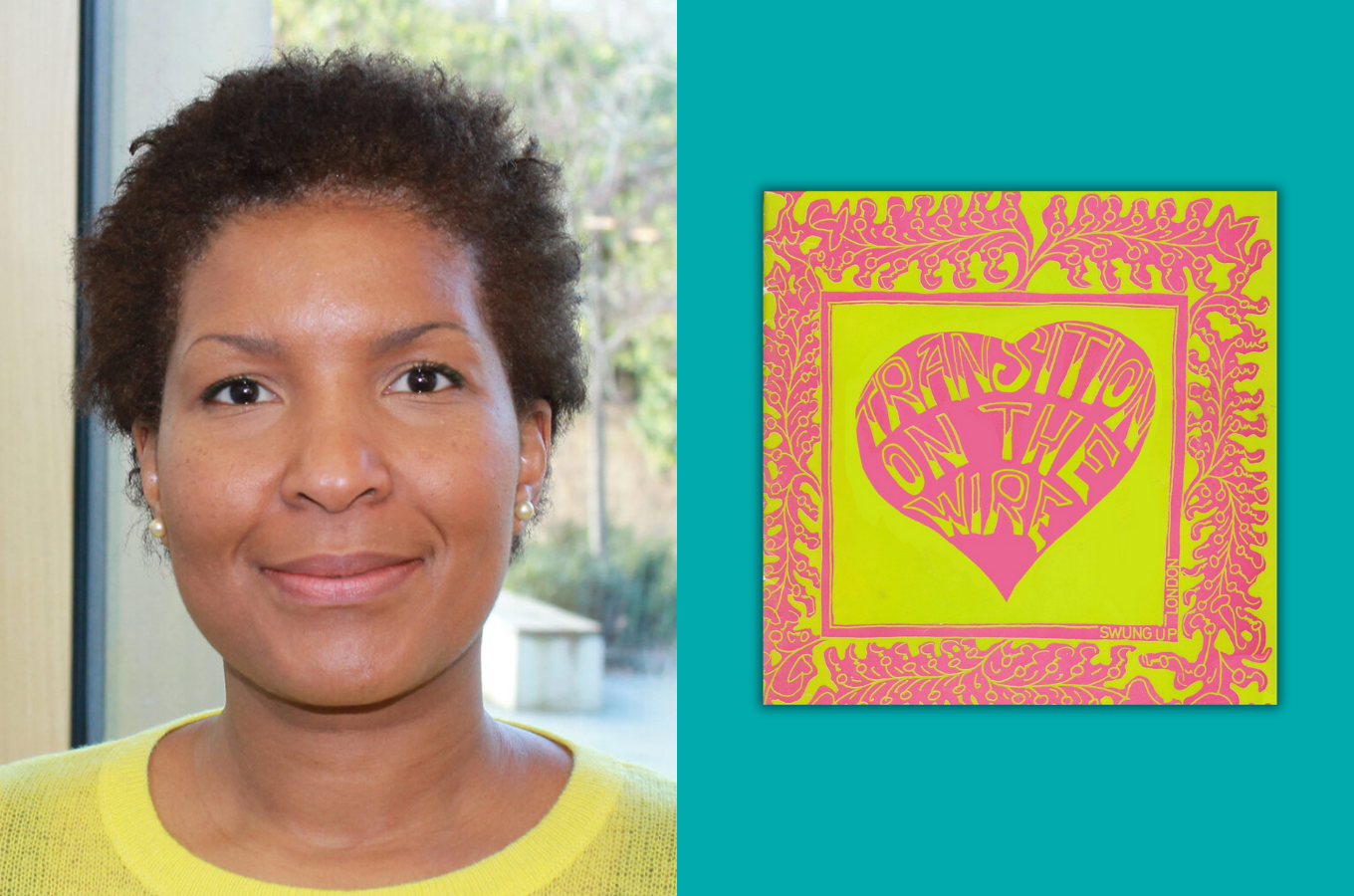
Equatoguniean author, Mónica Macías, was recently featured in a podcast called “A Conversation with Mónica Macías, Author of BLACK GIRL FROM PYONGYANG: In Search of My Identity,” with Transition on the Wire. In which she recounts her life in North Korea.
Mónica Macías life has been riddled with turmoil, her father was the president of Equatorial Guinea, but when their family went through some political turmoil, she ended up stranded in North Korea. Eventually, she went to university at Pyongyang University of Light Industry. After that, she wanted to explore her identity and familial history. Her travels eventually led her to the U.K., where she earned a master’s degree in international relations and diplomacy at SOAS, London.
Mónica’s memoir, I’m Monique from Pyongyang, gained attention for the unique perspectives that Mónica wrote about from her experiences living in both North and South Korea.
Her second memoir, Black Girl from Pyongyang, gained Mónica more recognition from the public. In this memoir, she talks about her father and other historical figures and the complexities of authority.
In the podcast, Mónica talks with Transition on the Wire’s host Sarah Ladipo Manyika about Black Girl from Pyongyang. When asked by what being a young black woman living in North Korea was like, Mónica says that for the people she was around in North Korea, she was “something new” and that wherever she went, “people would look at me, stare at me, and try to touch my hair and skin.”
Mónica perceived the racism that she experienced as “something that comes from ignorance,” and that it’s when people “don’t know.” She knew that the people that surrounded her had never been exposed to people like her with different backgrounds.
When Mónica would speak perfect Korean to people she felt that it “breaks the barrier that they felt because of my skin tone or how I look to them [language] breaks it immediately.”
When talking about the overall themes of intersecting cultures and identities in Mónica’s story she says that “challenging our perception and prejudice is not really an easy thing, but still if we could push ourselves to do that…it [can make] you self-aware and humble.”
Mónica’s cultural experiences throughout her life have shaped her identity and the stories that she’s written. To hear more about Black Girl from Pyongyang, go here to listen to the podcast or go here to Mónica Macías’s website.
Congratulations to Mónica Macías on Black Girl from Pyongyang and this podcast feature!
***
Image via Duckworth Books website









COMMENTS -
Reader Interactions